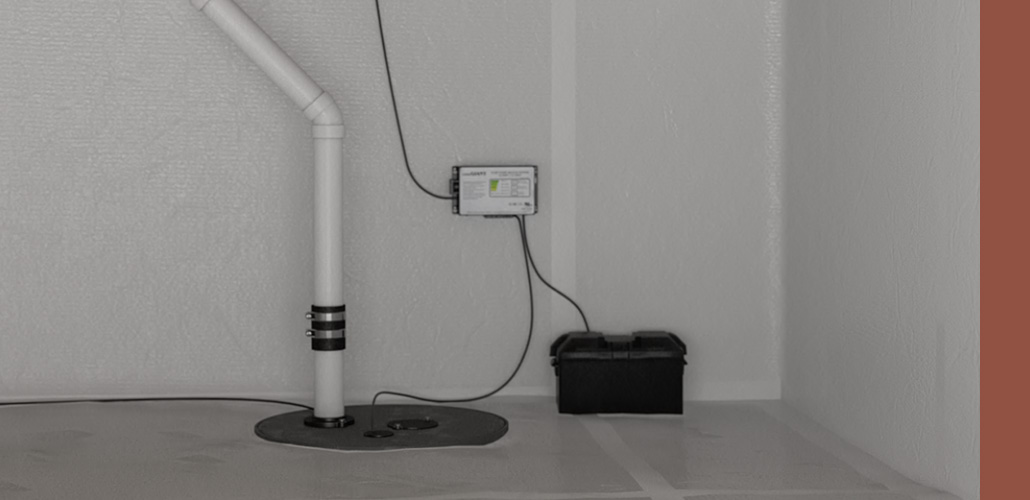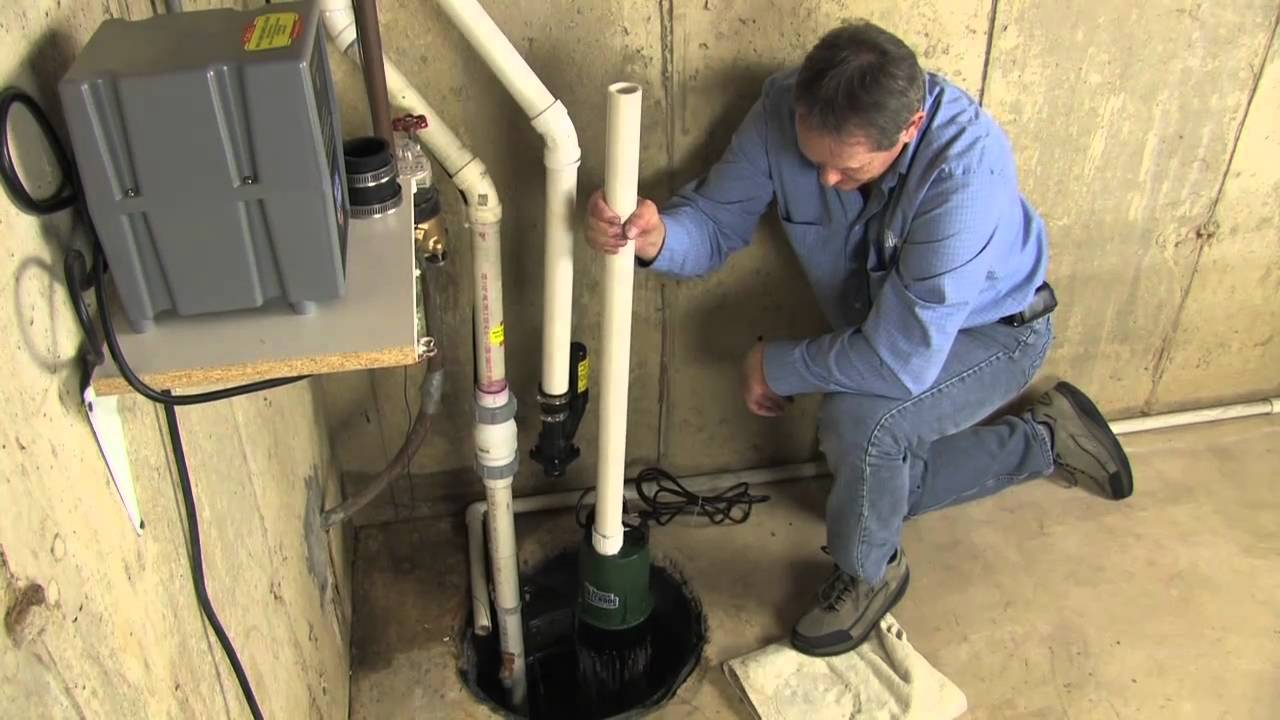Easy Well Pump Replacement: Renewing Your Water Framework with Self-confidence
Easy Well Pump Replacement: Renewing Your Water Framework with Self-confidence
Blog Article
Understanding the Key Elements of Effective Water Filtration Equipments

Importance of Water Purification Equipment
Water filtering systems play an important duty in making certain accessibility to risk-free and clean drinking water by effectively getting rid of impurities and impurities. These systems are important in addressing the expanding problems over water high quality and the possible wellness dangers linked with eating contaminated water. By making use of various purification systems such as reverse osmosis, activated carbon, and UV sanitation, water filtering systems can successfully remove harmful substances like microorganisms, viruses, heavy metals, and chemicals from the supply of water.
In addition, water filtration systems help to boost the preference and smell of water by eliminating chlorine, sediments, and various other pollutants that can influence its top quality. Well Pump Replacement. This enhancement in water top quality not just makes it more palatable but additionally motivates people to consume alcohol a sufficient amount of water daily, advertising much better hydration and total health
Kinds of Filtering Elements

Physical filters are made to physically stress out pollutants from the water. These filters can be constructed from materials like ceramic, carbon, and even sand, and they work by trapping fragments larger than the filter's pores as water passes via.
Chemical filters make use of various chemical procedures to get rid of contaminants from the water. Instances consist of turned on carbon filters, which adsorb impurities, and turn around osmosis membranes, which utilize stress to different contaminants from the water.
Organic filters make use of living organisms like algae or germs to break down organic matter and toxins in the water. These filters are usually used in wastewater treatment plants or all-natural water filtration systems.
Understanding the different kinds of filtration parts is vital for picking the most ideal water purification system for specific purification needs.
Feature of Sediment Filters
Debris filters play an essential duty in water filtration systems by effectively catching strong bits put on hold in the water. These filters are normally the initial line of defense in a filtering system, eliminating bigger particles such as sand, silt, dirt, and rust prior to the water moves through finer filtration stages. By capturing these debris, the filters prevent them from reaching downstream components, hence prolonging the life expectancy and efficiency of the whole system.
Neglecting this maintenance can lead to clogging, lowered water flow, and endangered filtration effectiveness. On the whole, sediment filters are crucial components that contribute dramatically to the effectiveness of water filtering systems.
Duty of Activated Carbon Filters
Playing a critical role in water purification systems, triggered carbon filters contribute in removing pollutants and impurities from the water supply. These filters are developed to adsorb and trap a wide variety of pollutants, including chlorine, unstable natural substances (VOCs), pesticides, and herbicides. The activated carbon material has a big surface, enabling the efficient trapping of pollutants with a procedure called adsorption. As water travels through the filter, the activated carbon holds and draws in onto the pollutants, making certain that the water that comes out on the other side is cleaner and much safer for intake.
Triggered carbon filters are very efficient at enhancing the preference and smell of he has a good point water by reducing chemicals that can affect its high quality. Due to their convenience and reliability, turned on carbon filters are a vital element in making certain that water is purified to the highest requirements before getting to customers.
Comprehending Reverse Osmosis Solutions
Reverse osmosis systems are sophisticated water filtration systems that use an innovative procedure to eliminate pollutants and pollutants from drinking water. These systems work by applying stress to the water, forcing it through a semi-permeable membrane layer. This membrane serves as a barrier, allowing only distilled water particles to go through, while blocking larger molecules such as minerals, chemicals, and various other pollutants. Consequently, the water that comes out on the other side is significantly cleaner and more secure for usage.
One key benefit of reverse osmosis systems is their capacity to remove a large range of contaminants, including hefty metals, liquified infections, solids, and bacteria. This makes them More about the author very efficient in boosting the total high quality and safety of alcohol consumption water. In addition, reverse osmosis systems are fairly low-maintenance and can be mounted under the sink or in a main filtering system, giving convenient accessibility to clean water throughout the house. Generally, understanding exactly how reverse osmosis systems function can aid people make informed choices concerning their water filtering demands.
Conclusion
In final thought, reliable water filtration systems are crucial for making sure tidy and secure alcohol consumption water. The vital components of these systems consist of debris filters, turned on carbon filters, and turn around osmosis systems. By comprehending the function and role of each component, individuals can make enlightened choices when choosing a water purification click for source system. It is very important to prioritize the top quality of water in order to promote overall wellness and health.
Water filtration systems play an essential duty in guaranteeing accessibility to safe and tidy drinking water by successfully removing pollutants and impurities. By using numerous filtering devices such as reverse osmosis, activated carbon, and UV sanitation, water filtration systems can successfully get rid of unsafe compounds like microorganisms, viruses, hefty steels, and chemicals from the water supply.
Sediment filters play a crucial function in water purification systems by efficiently recording solid particles suspended in the water (Pump repairs & installation).Playing a critical role in water filtering systems, turned on carbon filters are instrumental in eliminating impurities and impurities from the water supply.Reverse osmosis systems are innovative water filtration systems that utilize a sophisticated procedure to get rid of pollutants and contaminations from alcohol consumption water
Report this page